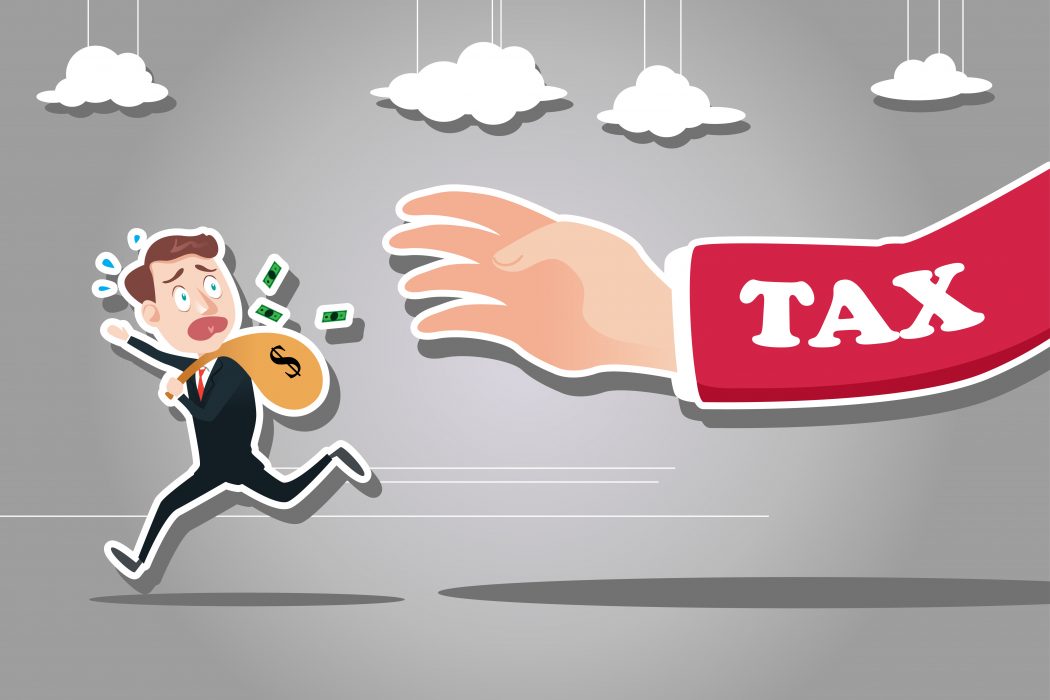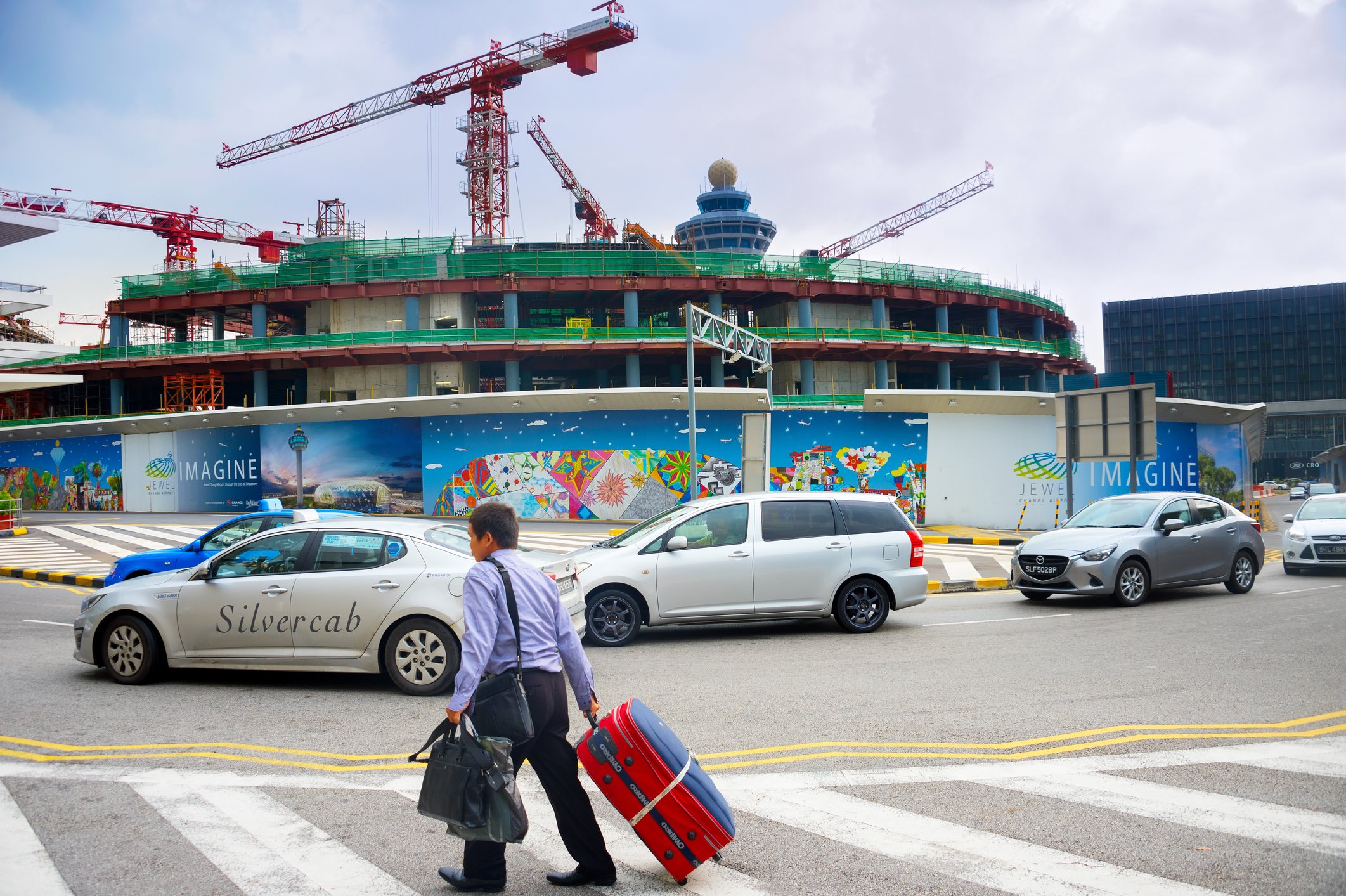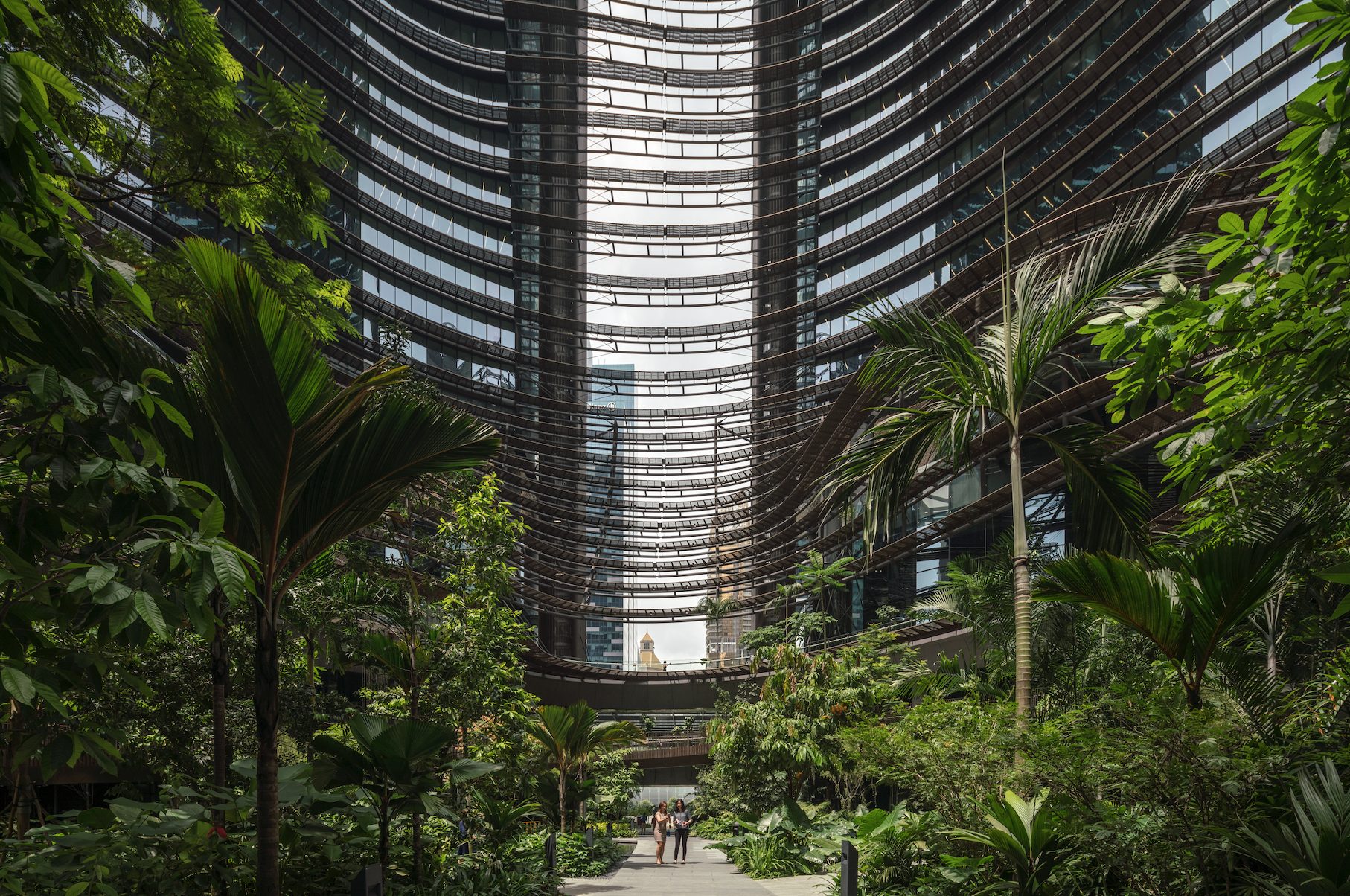Singapore’s Finance Minister Lawrence Wong delivered the Budget 2022 statement in Parliament on 18 February 2022. While this Budget aims to allay some of the fears Singaporeans have towards matters like cost of living, improving productivity and SME growth, there are some parts that may or directly impact existing and would-be homeowners.
Adjustments to property tax and top marginal personal income tax to raise Government revenue; staggered delay in GST increase to 2023 and 2024

According to Minister Lawrence Wong: “Everyone will have to chip in, especially those with greater means.”
The top marginal personal income tax rate (basically, taxation on folks with higher taxable income) will be increased in the year of assessment 2024. Those with chargeable income in excess of S$500k, up to S$1m will be taxed 23% (from 22%), while those with income in excess of S$1m will be taxed 24% (from 22%).
Though rumoured and discussed by many, an individual wealth tax will not be introduced in Singapore due to the difficulties in measuring net taxable wealth.
However, Singapore’s existing property tax rate will be adjusted based on property annual value as a way to tax the wealthier.
The property tax rate for non-owner-occupied properties (such as investment homes) will be increased from the current 10%-20% range to the 12%-36% range.
For owner-occupied properties (your residential home) with an annual value in excess of S$30,000, the tax rate on the excess will be increased from the current 4-16% range to the 6-32% range. According to Wong, this increase will impact the top 7 per cent of owner-occupied residential properties.
These increases will contribute a tax revenue of about S$380m per year to the Government’s coffers.

Though no specific figure was given, luxury cars (eg. Rolls-Royces, Bentleys, Ferraris, “Lambos”) will also see a higher tax rate to make Singapore’s vehicle tax system more progressive.
The expected GST hike will now be delayed to 2023. The increase will be staggered over two years from 7% to 8% on January 1, 2023, and from 8% to 9% on January 1, 2024. Phew…
How will this impact homeowners?
If you’re a high net-worth individual with an annual taxable income in excess of S$500k, yep, you’ll have to pay more tax by 2024.
If you own a 2nd or 3rd house in Singapore, be prepared to pay more property tax next year. Cited as an example by Wong, if you own an investment house in the Core Central Region with an annual value of S$150k, your annual property tax will be about S$43k a year.
If your current residential home (where you live) has an annual value in excess of S$30k, the excess portion will see a tax rate between 4-32% instead of 4-16%. This also means that most owner-occupied HDB flats and condos outside of the central region will be largely unaffected.
With GST increasing by 1% in 2023, expect to see higher fees like agent commissions if you’re buying or selling a house next year (but only if the agent works under a GST-registered agency).
If you’re planning on buying a luxury car, well, what can we say?
Double the GST rebate against the threat of inflation and the rising cost of living

To cope with higher prices from rising inflation, the government will set aside a S$560m Household Support Package, which includes doubling the GST Voucher (U-Save) in April, July and October this year.
This gives eligible HDB households additional GST rebates on top of the additional rebate to be given next January 2023 as part of the Assurance Package announced in Budget 2020.
Not only that, there will be an enhanced Assurance Package top-up in this budget, worth S$640m, that covers additional cash payouts, U-Save rebates, GST vouchers, MediSave top-ups and CDC vouchers.
Furthermore, the GST Voucher scheme will now include Service and Conservancy Charges Rebates as a permanent component.
How does this impact homeowners?
With rising inflation and the planned GST increase in the coming years, lower- and middle-income households (especially retirees in 1- to 4-room HDB flats) can be assured that these rebates and vouchers will help offset some of these rises.
All in all, the total S$6.6 billion Assurance (2020) and Enhanced Assurance Package (2022) will cover these payouts:
- Cash payout: S$700 to S$1,600 for all Singaporean aged 21 and above over the next five years
- GST U-Save rebates: S$330 to S$570 extra U-Save rebates for eligible households over the next four years
- GST voucher (Seniors’ Bonus): S$600 to S$900 cash payout for eligible seniors aged 55 and above over the next three years
- MediSave top-ups: S$450 top-up over the next three years for Singaporean children aged 20 and below and seniors aged 55 and above
- CDC vouchers: S$400 vouchers (S$200 each in 2023 and 2024) for all Singaporean households
Also, from August this year, if your assessable annual income is up to S$34k (previously S$28k), you’ll now be eligible for the GST voucher cash payouts.
Those with homes with annual values up to S$13k will get cash payouts of S$500 by 2023. Those with home annual values between S$13k-S$21k will get S$250.
Foreign Worker Policy Framework

From September 2022, the minimum qualifying salary for incoming Employment Pass (EP) holders will be raised from S$4,500 to S$5,000, with those in the financial sector raised from S$5,000 to S$5,500.
For S-Pass workers, the minimum qualifying salary will be raised from S$2,500 to S$3,000, with those in the financial sector raised to S$3,500.
These qualifying salaries will be reviewed and increased in September 2023 and 2024. For renewals, they will be applicable in the subsequent year. The Government will also progressively increase Tier 1 levies from the current S$330 to S$650 by 2025.
From January 2024, for Work Permit workers, especially in the construction and process sectors, the current Man-Year Entitlement (MYE) framework will be changed with a new levy framework to encourage companies to support more offsite work and employ highly skilled work permit holders.
How will this impact homeowners?
If you’re a landlord, this will be important because it means that your foreign tenants will need to earn a higher qualifying salary in order to retain their work passes and permits. If the companies they work for choose not to raise their salaries, they may lose their eligibility to stay in Singapore.
This may inadvertently decrease the pool of potential foreign tenants for your property.
Increase in utility costs as the government moves towards net-zero emissions by 2050

The carbon tax will be raised from S$5 per tonne in 2022 to S$25/tonne in 2024 and 2025, and S$45/tonne in 2026 and 2027, with expectations to raise this to S$50 to S$80 per tonne by 2030.
How will this impact homeowners?
This will translate to increased utility costs like electricity. At S$25/tonne, the utility cost will increase by about S$4 per month for an average 4-room HDB household and the Government will look into additional support like U-Save rebates to cushion the transition (see above).
Increase in EV charging stations near to where we live

In an effort to meet Singapore’s Green Plan by 2030, the government will be issuing up to S$35 billion of green bonds by 2030 to fund public sector green infrastructure developments.
Part of this will be used to finance electric vehicle charging points near where people live.
How will this impact homeowners?
We’ve covered the government’s EV charging point infrastructure plan a few months ago – 60,000 points in both public and private car parks by 2030.
–
What are your thoughts on the Singapore Budget 2022? Let us know in the comments section below or on our Facebook post.
If you found this article helpful, 99.co recommends checking out How the Resilience Package could help the SG property market and Covid-19 Circuit Breaker and New Bill: Details Singaporeans should know.
Looking for a property? Find the home of your dreams today on Singapore’s fastest-growing property portal 99.co! If you would like to estimate the potential value of your property, check out 99.co’s Property Value Tool for free. Meanwhile, if you have an interesting property-related story to share with us, drop us a message here — and we’ll review it and get back to you.
The post Singapore Budget 2022: Potential impact on property owners in a post-pandemic world appeared first on 99.co.

